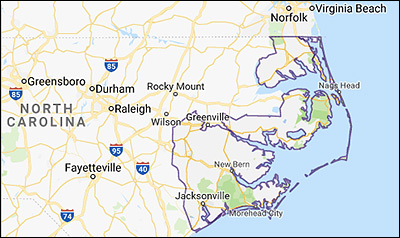By Jim Ellis
 Sept. 6, 2019 — Yet another Texas Republican House member has decided not to seek re-election next year, but additionally, two representatives from other states, including the second-longest serving member and a 20-year Democratic congresswoman, also made similar announcements late Wednesday.
Sept. 6, 2019 — Yet another Texas Republican House member has decided not to seek re-election next year, but additionally, two representatives from other states, including the second-longest serving member and a 20-year Democratic congresswoman, also made similar announcements late Wednesday.
In Texas, five-term Rep. Bill Flores (R-Bryan) becomes the fifth Lone Star State GOP congressman to voluntarily end his congressional career. Veteran Wisconsin Rep. Jim Sensenbrenner (R-Menomonee Falls), who was first elected in 1978 and is second in seniority only to Alaska Rep. Don Young (R-At-Large), also released a statement saying that he will not seek a 22nd term next year. And 10-term California Rep. Susan Davis (D-San Diego) was the third to delcare retirement. She indicated it is time for her to again live full-time back in the Golden State.
Neither Flores, Sensenbrenner, nor Davis faced difficult re-election campaigns, so electoral politics is certainly not driving these decisions. In his five House victories, Flores averaged 64.8 percent of the vote, including obtaining 62 percent when he ousted veteran incumbent Chet Edwards (D-Waco) back in 2010. Rep. Sensenbrenner posted a 66.5 percent average over the last four elections, while Davis recorded a similar 64.1 percent mean during this decade’s elections.
All three of these districts should remain in the controlling party’s hands. President Trump carried TX-17 with a 56-39 percent margin, though that was down from Mitt Romney’s 60-38 percent victory spread four years earlier. Trump’s victory spread in WI-5 was 57-37 percent, but only 30-64.5 percent in CA-53.
The Central Texas district is home to eight whole counties and parts of four others. The seat has three population anchors, the Waco/McLennan County region, Bryan-College Station, the home of Texas A&M University, and the Pflugerville area of Travis County, just north of Austin. Crawford, Texas, the home site of former President George W. Bush’s ranch, is also found within the district confines and located west of Waco.
Sensenbrenner’s western Milwaukee largely suburban district contains all of Washington and Jefferson Counties, and parts of Waukesha, Milwaukee, Dodge, and Walworth Counties. In addition to what will be 42 years of service in the House at the end of his tenure, Rep. Sensenbrenner also spent four years in the Wisconsin state Senate.
Continue reading →



 Sept. 6, 2019 — Yet another Texas Republican House member has decided not to seek re-election next year, but additionally, two representatives from other states, including the second-longest serving member and a 20-year Democratic congresswoman, also made similar announcements late Wednesday.
Sept. 6, 2019 — Yet another Texas Republican House member has decided not to seek re-election next year, but additionally, two representatives from other states, including the second-longest serving member and a 20-year Democratic congresswoman, also made similar announcements late Wednesday. 

